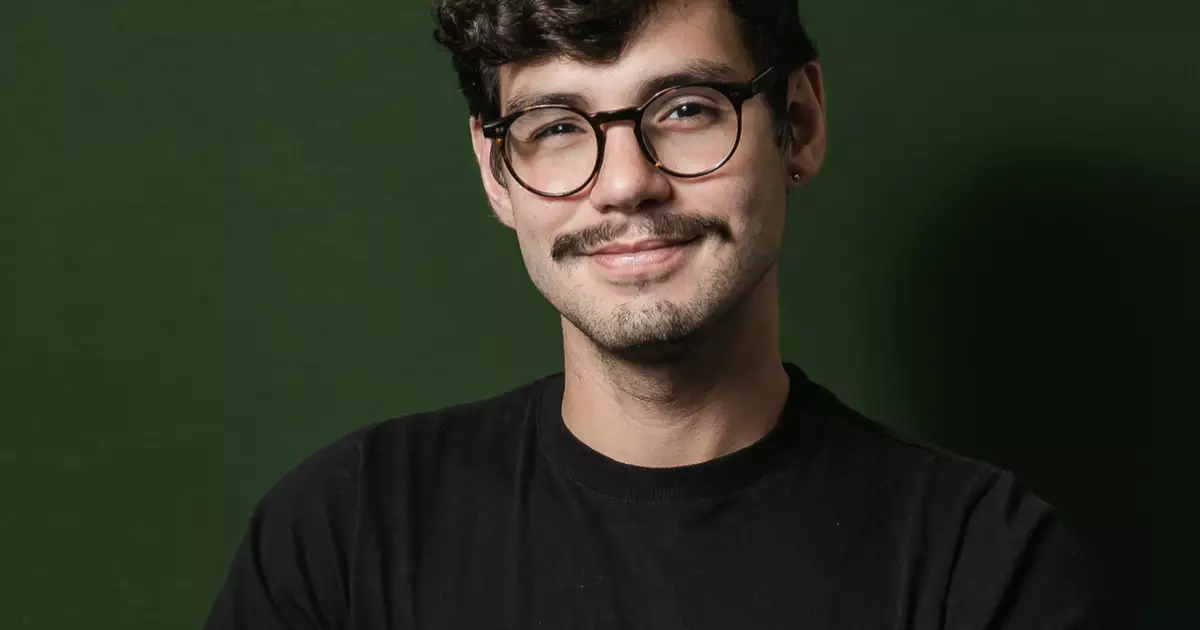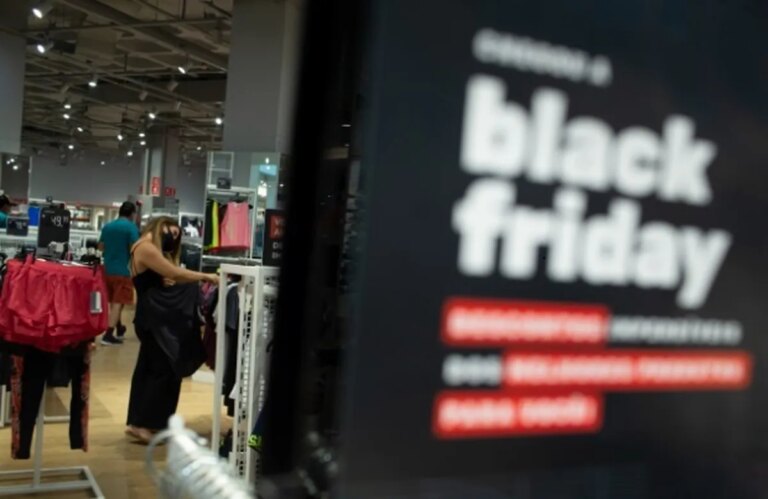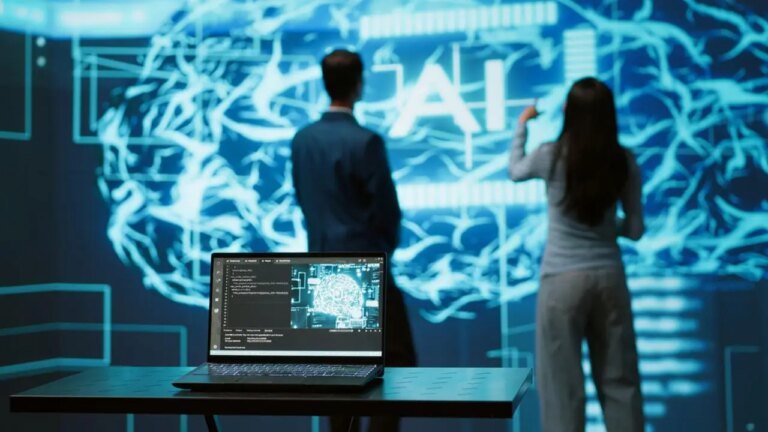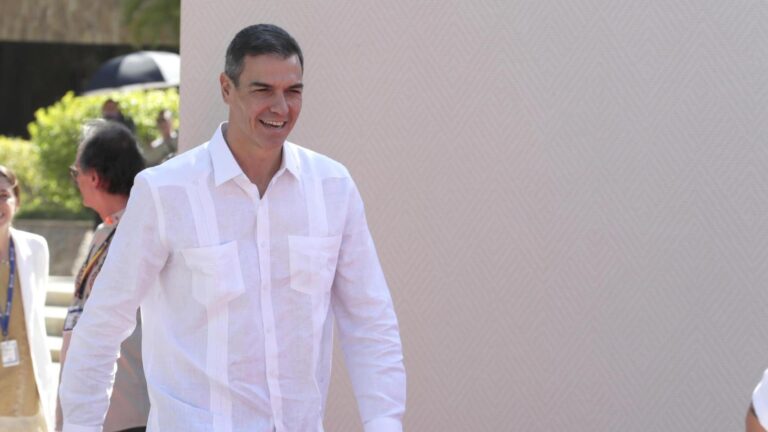
AI will not only change jobs, it will also change who can do creative work.
summary
Artificial intelligence is transforming the job market by creating a new class of professionals who can use technologies such as no-code/low-code to create value with less risk, resources, and time, facilitating a hybrid model between employees and entrepreneurs.
In 2025, one thing is no longer in doubt. That means artificial intelligence is reshaping the world of work. The method is very different from what we predicted a few years ago. What is emerging is not just a change in tools, but a new way of acting economically: a hybrid model of the traditional employee and the classic entrepreneur.
The type of professional who uses technology to create, test, and monetize their ideas without necessarily assuming all the risks of entrepreneurship.
For a long time, we were stuck between two poles. Either you work within an organization and contribute to projects that aren’t yours, or you decide to take on projects that are all-inclusive in terms of time, capital, and risk. But the rise of AI tools and no-code/low-code development is opening up space for a third way: turning ideas into viable businesses with minimal cost, time, and complexity.
AI as a means of experimentation
A recent example went viral when a creator decided to create an acrylic sheet in the shape of an iPhone to encourage people to step away from their screens. With the support of AI and no-code tools, he went from idea to prototype in just days, ran the product on a network, and sold hundreds of units in a matter of weeks without a factory, team, or prior technical experience.
These types of cases are increasing. Today, anyone who is curious and has access to a platform like Bolt.new or Encursor can launch a working app in a matter of days without knowing how to program.
According to data from Fortune Business Insights, the global market for low-code development platforms is expected to exceed USD 94 billion by 2028, with an annual growth rate of 20% to 30%. This pace shows that the ability to create with low risk is no longer the exception, but the new normal.
Create more with less risk
Entrepreneurship is always, first and foremost, about managing risk. The change in AI is that risk is redistributed. Testing ideas, prototyping, validating models, and even scaling has become cheaper and more accessible. Now, with a few hours, the right tools, and some creativity, it’s possible to get instant feedback from the public and turn a hypothesis into a real experiment.
We see this logic every day in the work we do at Thruster Creative Strategy. We guide creative teams and brands to work within a performance framework where every action is a test and each test produces measurable learning. AI accelerates this cycle. AI helps bring ideas to life before they require large investments.
This doesn’t eliminate risk, but it makes it smarter and more controllable. And this is exactly where the change is happening. AI is not only optimizing what already exists, but also redefining the starting point for entrepreneurs.
The future of work is an ecosystem of creators
The impact of this change goes far beyond startups. In the coming years, a new generation of professionals will emerge from unexpected places who no longer define themselves as “employees” or “entrepreneurs” but as creators of solutions. They will use AI to create value, income, and autonomy without having to choose between stability and autonomy.
AI will not only change jobs, but also who will be involved in creating those jobs. The future will belong to those who understand that real power lies not in owning a company, but in learning, testing and adapting quickly.
Danilo Nunes is a creator economy professor, researcher, and CVO and Responsible Partner at Thruster Creative Strategy, an institute dedicated to implementing performance-focused creative systems.



